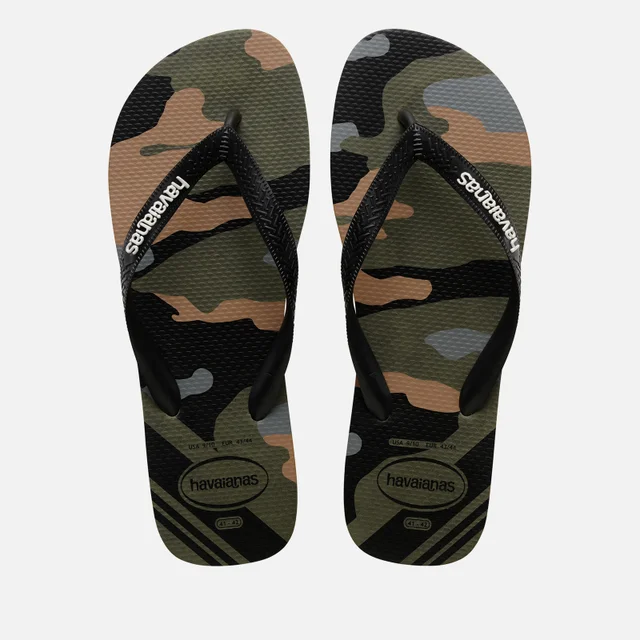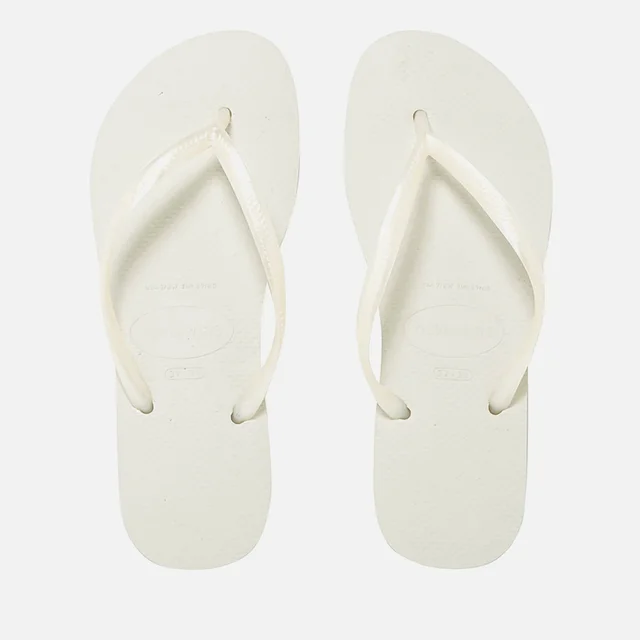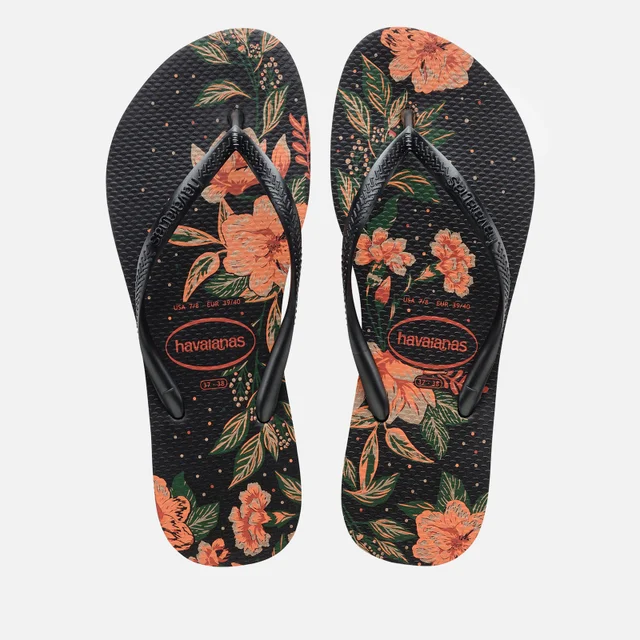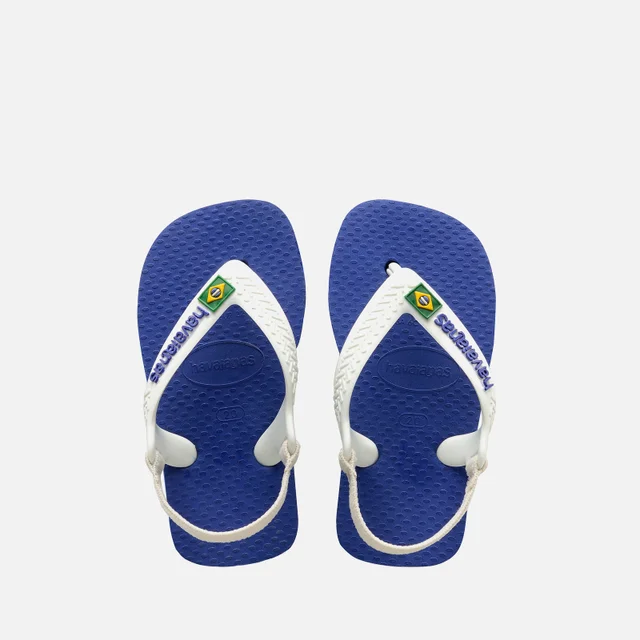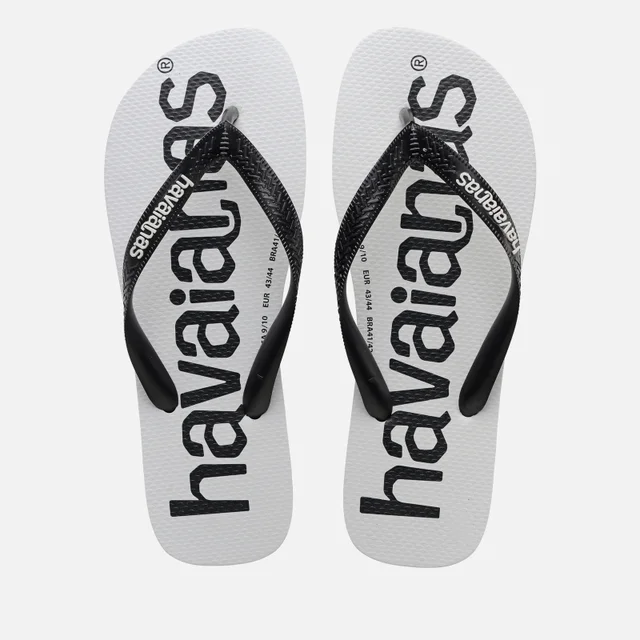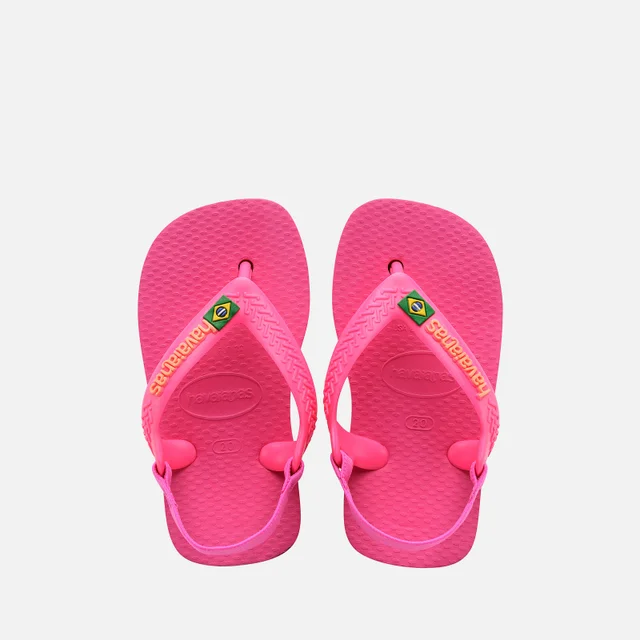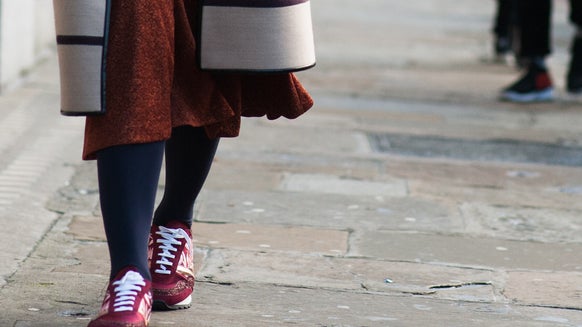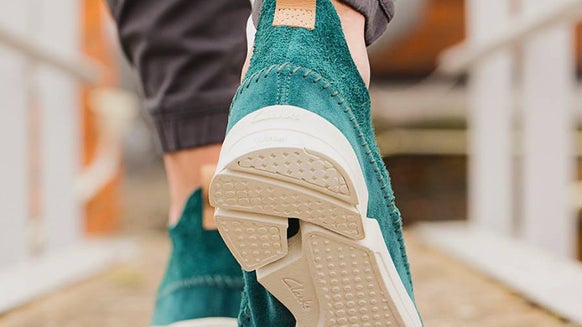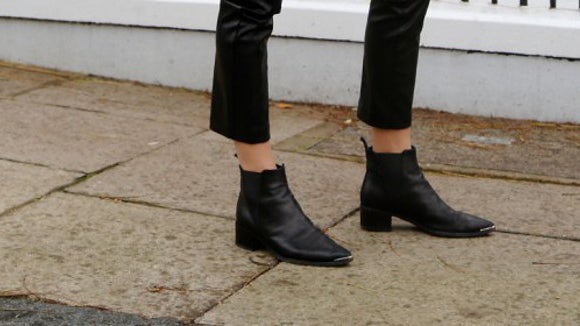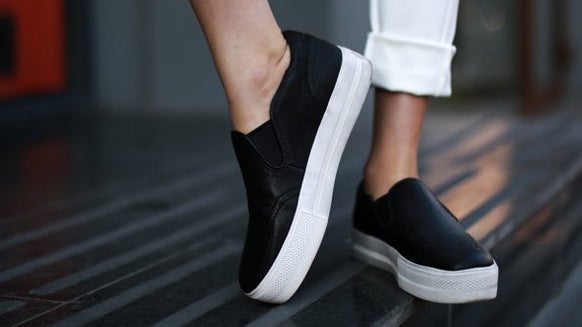Havaianas Buyer’s Guide
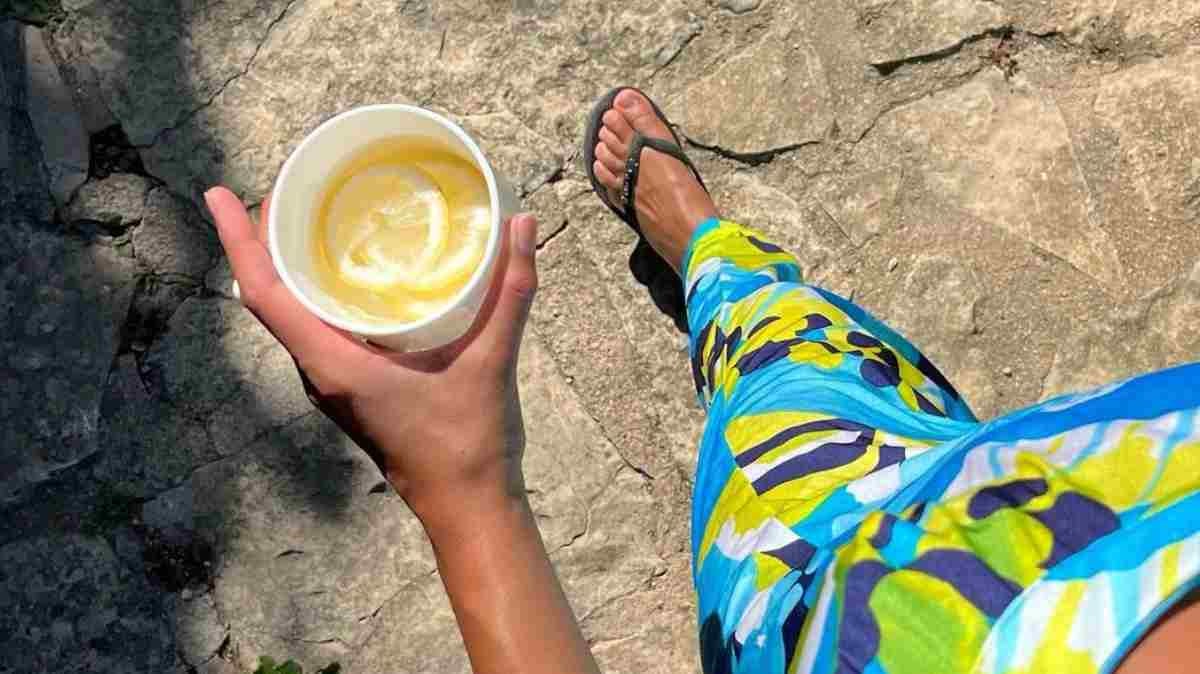
Havaianas was created in Brazil in 1962, inspired by the Japanese Zori sandal. From city executives to workers in the Brazilian favelas, throughout the country, you can be sure to spot a pair of the famous flip-flops. Irrespective of their gender, occupation, wealth or social class.
Answering all your questions and the story behind Brazil's elite sandal brand, here's our Havaianas Buyer's guide...
What sandal inspired Havaianas?
The Japanese Zori sandal was made with cloth straps and woven rice straw soles. Havaianas replaced the straw with premium Brazilian rubber and made them one of Brazil's most fashionable footwear choices.
On the sole of Havaianas, it features a rice grain print; one of the many design details that make Havaianas unique. Our thongs were christened with the name Havaianas (which means “Hawaiians” in Portuguese) in honour of the glamourous holiday destination with endless summer vibes.
Early Days
In 1962 the first pair of Havaianas was created. Based on the traditional Japanese ‘Zori’ sandal which was made from a soft rice straw that cushioned the foot as you walked. The ‘Zori’ had been brought back to the USA after WWII when American troops spent time in Japan. It was upon seeing these sandals on the beaches of Hawaii that inspiration for Havaianas struck. In fact, the name Havaianas comes from the Portuguese word for ‘Hawaiians’—the source of inspiration for the original flip flop.
Crafted with lightweight yet durable soles they have a rice grain texture that nods to their origins. Their original colours were blue and white flip-flops and were worn by people travelling the country. Heading through local villages, people welcomed the affordable, comfortable flip-flops. They were able to wear the shoes throughout all aspects of their lives—from work, to life at home and downtime with friends and family. By 1964, the vast majority of Brazilian workers looked to Havaianas as their staple footwear of choice. By 1966 the style was so popular the design of the Havaianas flip flop was patented—securing the future legacy of the Havaianas sandals.
The Late 60s
A production error in 1969 saw the sandals incorrectly produced in a batch of green as opposed to the signature blue and white styles. The new colourways were an instant hit and the brand seized the opportunity for expansion. They produced new flip-flops in brown, yellow and black before the turn of the year. As the colour options grew, so too did the brand. Peace and love was the mantra of the 1970s. They called for a more minimalist lifestyle with eco-friendly choices. With Hippies travelling Brazil with Havaianas on their feet.
The 70s
Already by the 1970s, the original design of the Havaianas flip flop was being imitated by fraudsters trying to ride the wave of the brand’s success. Yet the quality and originality of Havaianas ensured their longevity. By 1980 millions of pairs were sold in Brazil every year. In fact, the Brazilian government listed Havaianas as a fundamental product that could be used to control inflation. Implying Havaianas are as integral as rice and beans to the Brazilian way of life. It wouldn’t be long before international domination arrived.
The creation of new styles and colourways saw the flip flops quickly adopted by Americans and Europeans as the must-have summer sandals. By the ‘90s, the flip flops were worn by casual beach wearers to high-profile celebrities. Including the likes of Jennifer Aniston, Angelina Jolie and David Beckham. By the ‘00s school children even began protesting the right to wear flip-flops to school rather than their clammy, restrictive school shoes. Some Brazilian offices even initiated their own version of dress-down Fridays—Havaianas Day—when staff were able to allow their feet to breathe in the office.
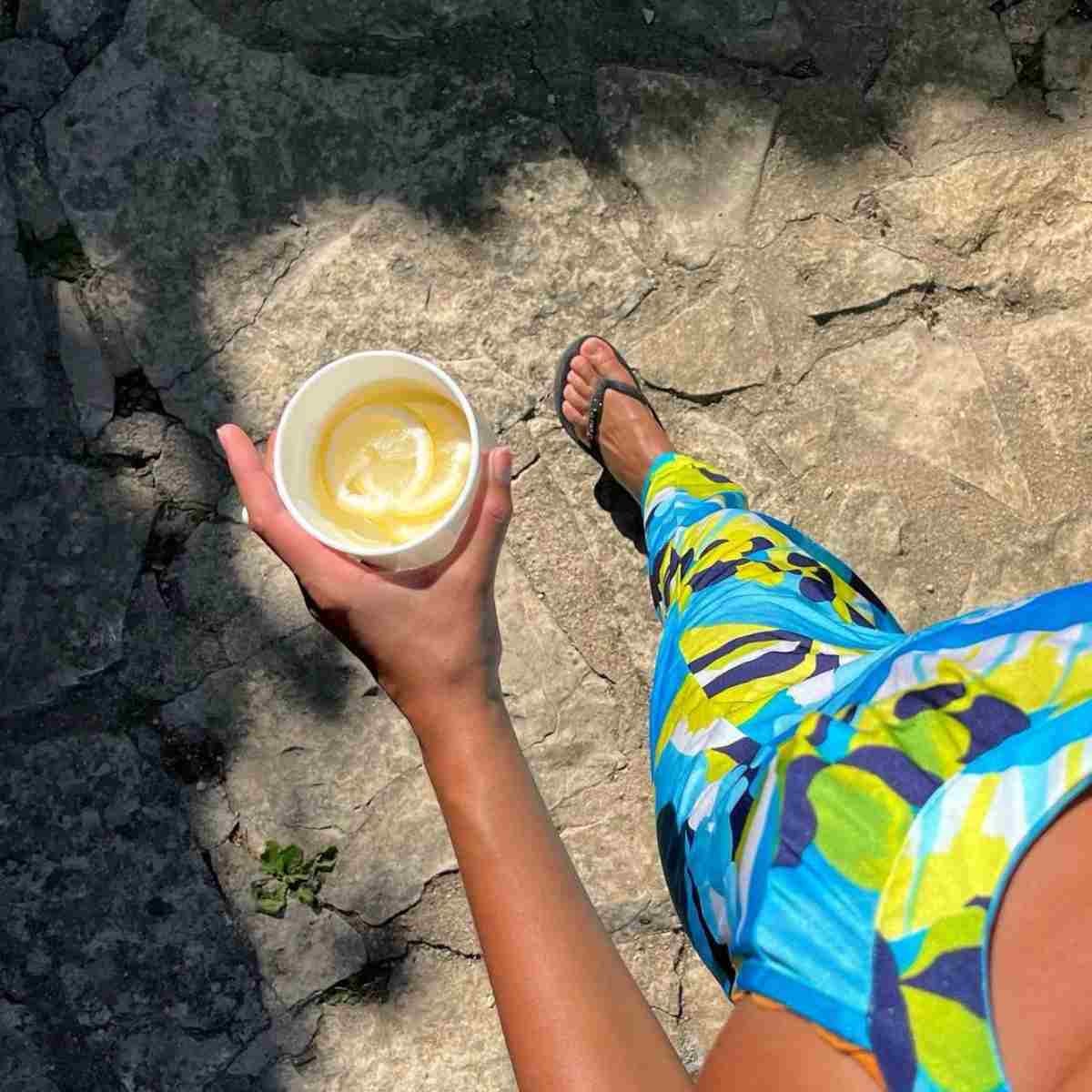
The Brand Today
Today Havaianas continues to innovate, continuously updating its styles and adding a contemporary touch with new details. From slimming down the silhouette to adding special edition crystals and metallic floral embellishments, Havaianas stays abreast of current fashion trends to remain constantly relevant and the go-to summer flip flop for millions around the world. Despite its constant evolution, the design’s signature rice grain textured rubber sole and thong has remained virtually the same. Ensuring their timeless quality since its earliest days in the '60s.
Havaianas Sizing
If you are looking to find the perfect size for you, use their
SHOP HAVAIANAS AT ALLSOLE

